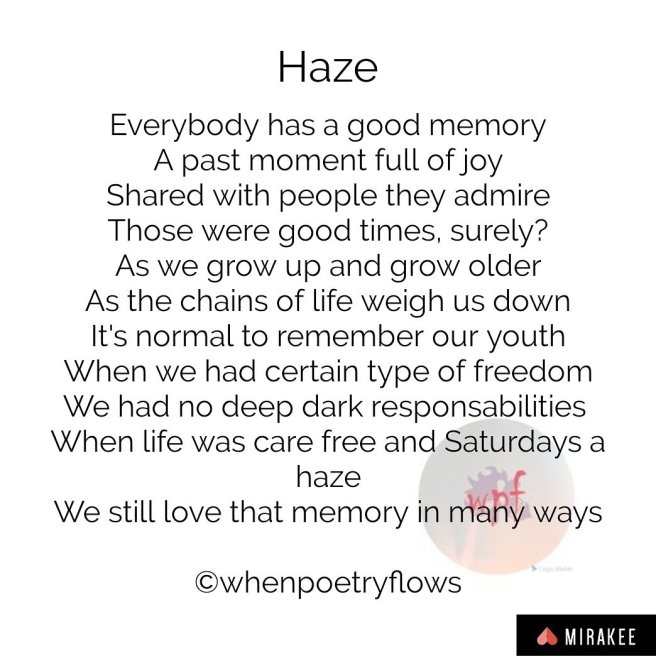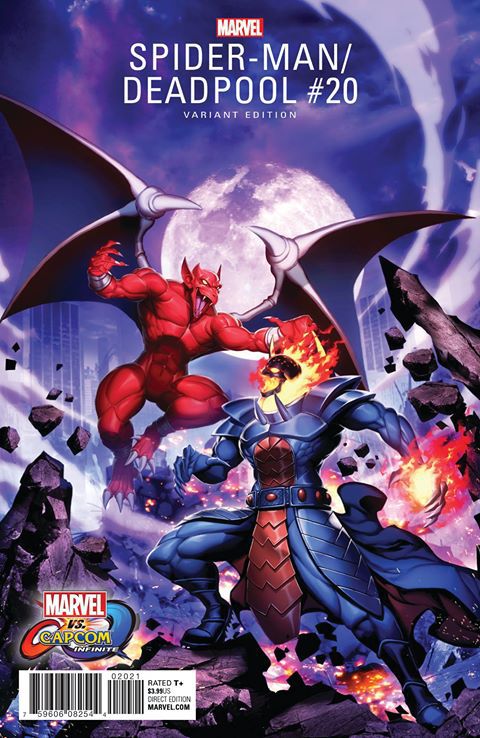Whether you are a film aficionado or a casual moviegoer, it’s likely you know who Alfred Hitchcock is. And whether it’s Psycho, The Birds, Vertigo, Rear Window, or North by Northwest, you’ve probably seen, heard of, or been affected by one or more of his films.
But what are the Hitchcock films you haven’t heard of? The ‘Master of Suspense’ produced countless spine-tingling tales in his day, and many of them don’t receive the recognition they deserve. With North by Northwest being re-released in theaters, we decided to profile some of Hitchcock’s lesser known gems…

Starring Henry Fonda (whom you might know from his later film Once Upon a Time in the West) and Vera Miles (before her later Psycho fame), The Wrong Man finds Manny Balestrero (Fonda) in desperate need of payment for his wife’s (Miles) dental procedure. When he goes to his insurance company to borrow money, he is mistaken for a man who had robbed them at gun point twice before, and is promptly arrested. Balestrero’s attorney works to show that he has an alibi for the robberies, but in the meantime, the stress of the case threatens to destroy his family and his name.
Though it is a lesser known film, The Wrong Man remains a classic Hitchcock exposition of humanity’s deepest primal fears. Can you imagine being arrested or punished for crimes, simply because you looked like the actual criminal?

Lifeboat was produced when Hitchcock was nearing the midpoint of his career. In this film, Hitchcock puts a terrifying twist on John Steinbeck’s story of the survivors of a sunken ship. Tallulah Bankhead and William Bendix star among several American and British survivors of a torpedoed ship who find themselves in the same lifeboat as one of the German men guilty of sinking their ship. As you can imagine, the film becomes a tense affair filled with the normal emotions of America and Britain during World War II. Emotions run high as the survivors fight for their lives against a man who put them in their situation and is hell-bent on killing them.
Lifeboat was nominated for three Oscars. Tallulah Bankhead won the New York Film Critics Circle Award for Best Actress for her work in this film.

Presenting the story of a conflicted Priest before that type of storyline became popular in the mainstream definitely falls in line with Hitchcock’s love for portraying the inner battles of human emotion. I Confess stars Montgomery Clift as a priest who is suspected of murder, but cannot clear his name without breaking the seal of the confessional. This film is a stark contrast to most of Hitchcock’s other filmography, as we know who the killer is because of his confession at the start of the film. The main conflict of this plot is whether the priest will be loyal to the code of his profession, or bring the killer to justice.
When interviewed about this film, Hitchcock is quoted as saying, “We Catholics know that a priest cannot disclose the secret of the confessional, but the Protestants, the atheists, and the agnostics all say, ‘Ridiculous! No man would remain silent and sacrifice his life for such as thing.’” To find out what choice he ultimately makes, you’ll have to watch I Confess, which was nominated for the Grand Prize at the 1953 Cannes Film Festival.

After a lecture, two college students decide to strangle a mutual friend to death with a piece of rope. Immediately after, they place his body inside a chest, arrange a buffet on top, and invite their closest friends over for dinner, including their mutual friend’s oblivious fiancée. The final dinner guest is their college professor (portrayed by James Stewart, a frequent Hitchcock collaborator), who unknowingly inspired their social experiment with his provocative lectures.
This noir crime thriller, reminiscent of Edgar Allan Poe’s short story ‘The Tell-Tale Heart’, tests the power of words, the adeptness of society, and whether two young men can commit “the perfect murder.”

In another James Stewart and Hitchcock cooperation, The Man Who Knew Too Much plays on the natural fears of an American family on a foreign vacation. Dr. Ben McKenna (Stewart) is on vacation in Morocco with his wife (portrayed by Doris Day) and son. A stranger reveals an assassination plot to the family: A Moroccan diplomat will be killed during a symphonic orchestra concert that night.
The catch? The shot will be fired as the cymbals crash during the performance, the timing of which the family has no way of knowing. McKenna’s son is later kidnapped to try and keep the plot a secret. McKenna must then try and stop the assassination at the orchestra performance as his son’s life also hangs in the balance. Hitchcock ties music and primal fear together in one of his most suspenseful yet not well-known films.
As expected for a man who made suspense his signature, nearly every Hitchcock story is tied to deep-seated human instincts and horrors. Perhaps that is why some of his films, while still of a high quality in every way, go undetected at times. If you’ve seen some of his well-known work, like Psycho or The Birds, be sure and check out these lesser known masterpieces by the ‘Master of Suspense’.
What is your favourite, lesser-known Alfred Hitchcock movie? Let us know!
- More





